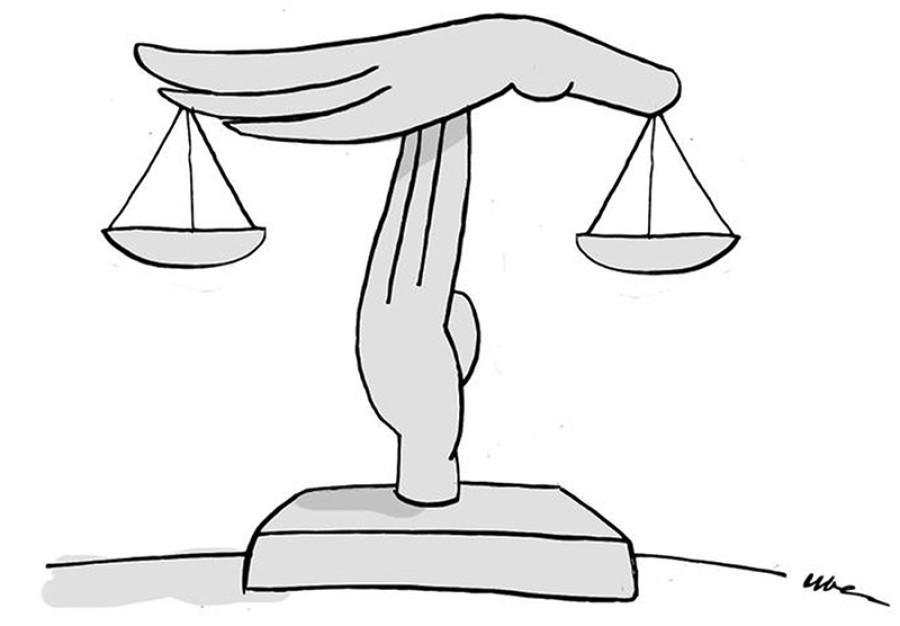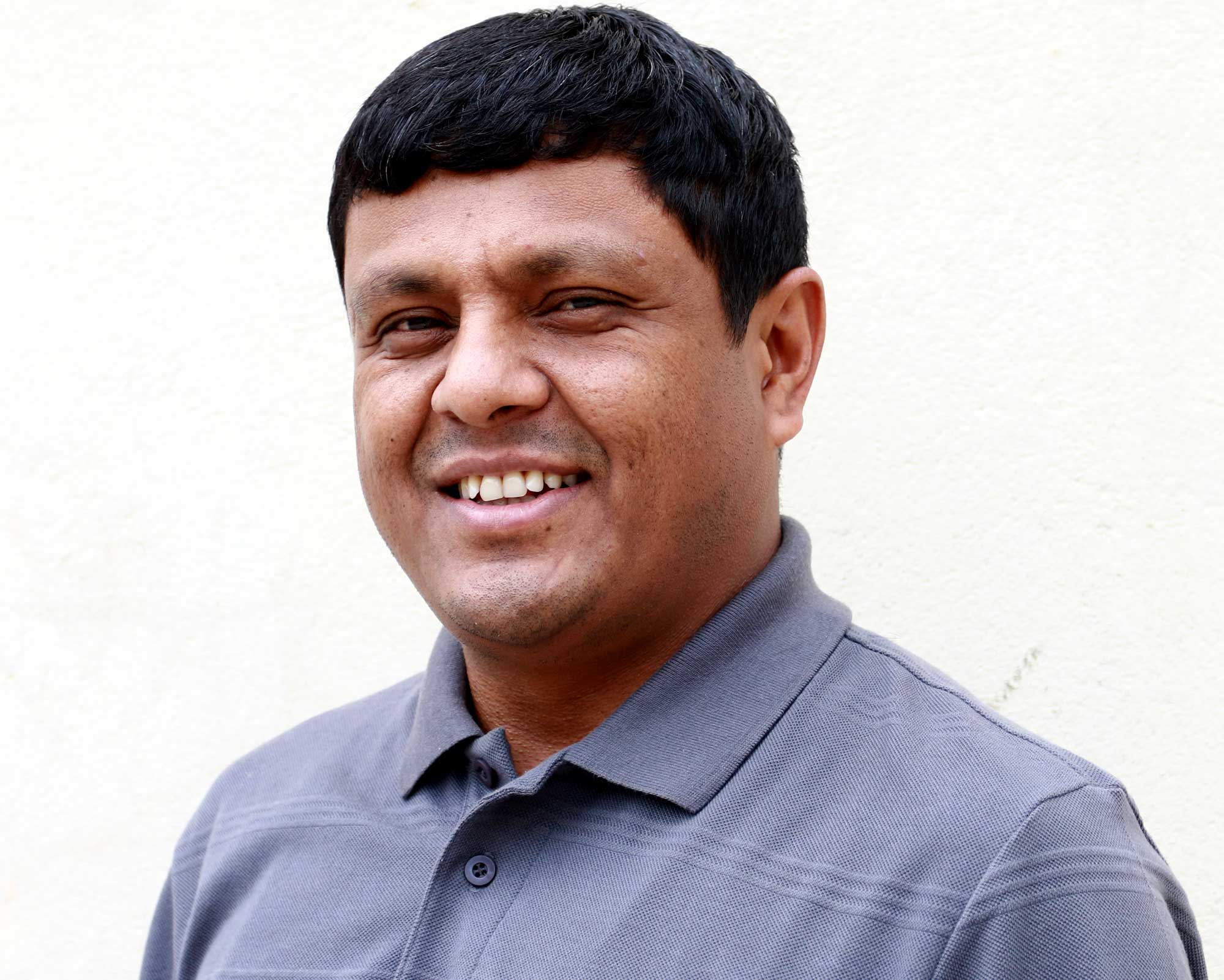Opinion
Repair the irreparable
The government has to address the victims’ needs through support mechanisms in terms of livelihood, health, education and recognition
Ram Kumar Bhandari
Thousands of conflict victims suffer because of the stalled transitional justice (TJ) process that has produced no results since 2006. The two TJ bodies, the Truth and Reconciliation Commission (TRC) and the Commission for the Investigation of Enforced Disappeared Persons (CIEDP) are facing challenges due to the lack of political will to deliver a solution. With their limited legal mandate and political constraints, the transitional justice bodies fail to meet the victim’s expectations. Global transitional justice fetishizes trials and commissions, while victims have a range of needs driven by their poverty and need to know about the disappeared: addressing these needs is key to achieving true reparations.
Twelve years on since the Comprehensive Peace Agreement (CPA, 2006), the Government of Nepal has failed to form a policy of reparation and there is no movement to repair its past, to systematically address victims’ needs. Instead, we are moving toward a superficial approach where the authorities play with the victim’s sentiments and fail to respect their rights and dignity. In a low-income state like Nepal, a majority of conflict victims are from poor communities and often face socio-economic challenges routinely.
A bottom-up approach
Without addressing poverty and the victim’s socio-economic needs, the state-led top-down transitional justice approaches have no meaning. The current TRC Act defines it as “assistance, facility and concession” in a monetary sense, not as reparation as rights of the victims. This reflects the state’s apathy to the needs of victims. Lack of serious engagement from the government towards victims provoked the latter to organise local meetings and participatory consultations throughout the country themselves.
On May 4, the conflict victim common platform (CVCP) prepared its advocacy paper titled “Reparative needs, rights and demands of conflict victims of the armed conflict in Nepal”. It was submitted to the Minister for Law and Justice and the two transitional justice bodies to create a momentum for a national policy of reparation. The Law Minister Sher Bahadur Tamang, in response to the advocacy paper, said that the ministry is seriously contemplating the victim’s agenda and was committed to “draft a new policy of reparation to satisfy victims of the conflict”. However, owing to the government’s past track record, victims and their activists are not quite hopeful this time either. Moreover, the Chairperson of CVCP Bhagiram Chaudhary too expressed discontent over their exclusion from policy drafting which has ultimately resulted in decisions that are lopsided—betraying the victims’ needs and demands. The victims have demanded that the government address their immediate needs through urgent support mechanisms in terms of livelihood, health, education, employment, memory and recognition based on prior consultations. The CVCP has demanded that the government declare a ‘national remembrance day’ in memory of the conflict victims and to honour them.
Therefore, victim’s needs must be put at the centre while framing a policy of reparation that demands a participatory assessment through representative organisations. Ideally, the reparative needs must be driven by victims where the affected communities become sites of transitional justice, not just in the closed spaces of institutions (centralised TJ bodies) in the capital.
Marginalisation and suffering
Most acts of violence during conflict are linked to histories of marginality. In our context, the socially, politically & economically excluded were mobilised by Maoist rebels who ultimately became targets of the state because of who they were, and not because of what they had done. Restitutive measures alone may not address the victims’ needs. Victims need to be ensured that transitional justice is indeed transformative, freeing them from the evils of poverty and exclusion.
Victims’ mobilisation has helped them to build a movement whereby they are not limited to being only passive. Their solidarity has thus inspired collective action. It has helped to empower their communities: addressing local impacts, such as social and cultural stigmas, especially what thousands of women members face in their local context.
The victims have developed themselves as ‘political actors’ and many of them have been elected in local governments as representatives. The government must learn from such actions.
Social, political and economic exclusion, by caste, ethnicity, region & gender were the root causes of conflict in Nepal. After a few decades of struggle and political instability, the dream of a new Nepal came alive. The new state restructuring constituted of a federal republic with decentralisation and empowerment of regions and minorities as its main tenets. But issues of justice and rights are just as central to this new project as it was before. Otherwise, the demands of the excluded minorities will continually be dismissed.
Human rights NGOs do essentially no work on such issues—their focus is on accountability for violations of Civil and Political rights—partly because they mostly come from elite sectors of the population. We must reframe a route to memorialising the histories of social and economic violations—truth telling that makes links between acts of violence and social exclusion. So, reparation is likely to be about policy approaches, not only symbolic or material reparations, and the policy must be based on marginalised and minorities who seek support and identity that safeguard their livelihood, justice, security and dignity.
Bhandari is an activist and a PhD researcher at NOVA Law School, New University of Lisbon




 9.6°C Kathmandu
9.6°C Kathmandu










